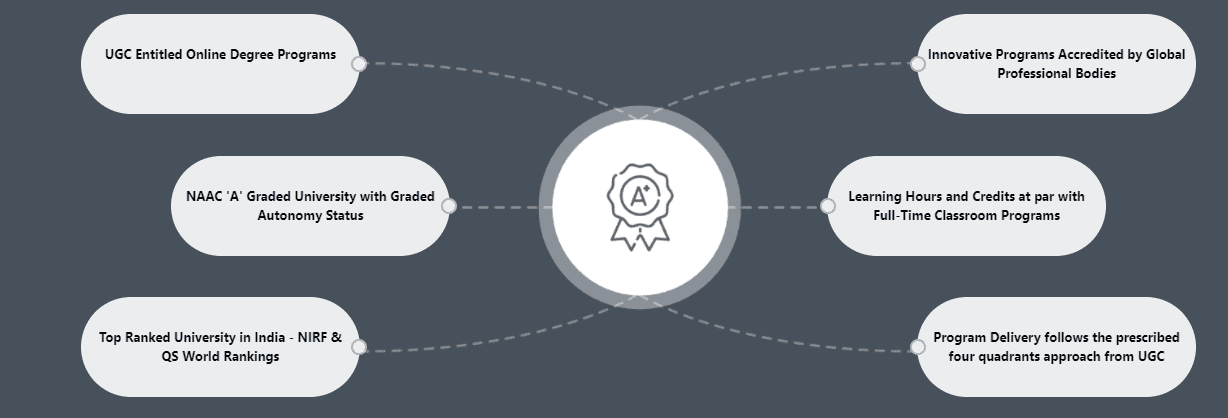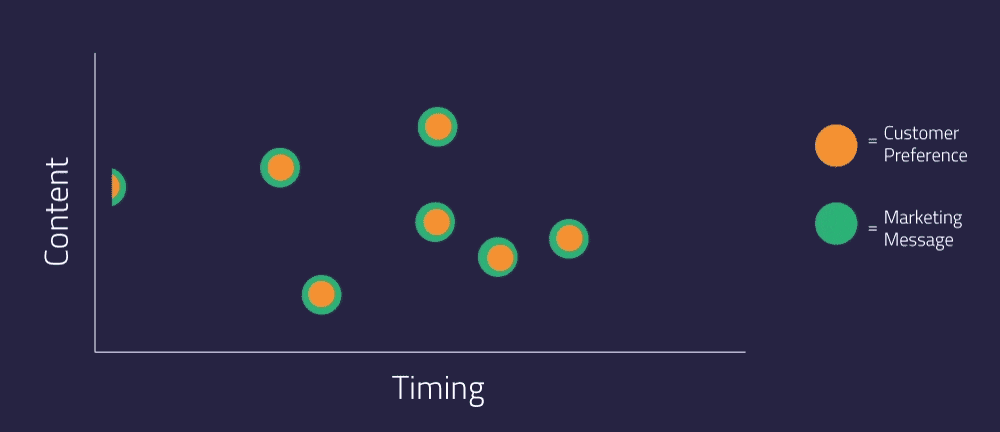When it comes to choosing lucrative career options, the investment banking field has got its own charm. The big fat paycheck certainly adds a lot of weight when it comes to increasing the competition in the field. The big cheques bring big responsibilities to the table, the role of an investment banker is very diverse and requires a combination of hard and soft skills to prevail in the face of cut-throat competition.
One of the key roles of investment bankers and investment banks is highlighted in the context of the underwriting process. Before jumping over to the crucial role played by the investment banks, let’s understand the nitty-gritty of the underwriting process.
Understanding the Underwriting Process
In the contemporary financial landscape, underwriting has become one of the most crucial functions. From insurance to the stock market and banking underwriting is omnipresent in this industry. In the most generic sense underwriting process can be described as the practice of undertaking the risk associated with a venture in lieu of a specified premium amount to be borne by the party initiating the venture.
The process of underwriting in the case of the stock market involves determining the price of a given security and assessing the risk involved with it. The underwriting process in the context of the stock market differs from the insurance and banking sector. Underwriting in the insurance industry involves determining the risk and setting up the premium amount for a particular client based on their exposure. In the banking scenario underwriting assists in the crucial function of appraising the creditworthiness of a potential customer through their past financial records.
Investment Banks in the Underwriting Process
From guiding on alternative investment opportunities to assisting in mergers & acquisitions and facilitating the underwriting process, the investment plays a holistic role in the functioning of the global economy. In addition to this investment banks also aids in asset management for large investment funds and individuals with high net worth.
Investment banks have a crucial role to play when it comes to underwriting in the context of the stock market. The role of investment banks in the underwriting process begins as a pre-underwriting advisor and continues even after the distribution of securities in a similar capacity. The investment banks do a thorough financial analysis of the company before underwriting any security to determine the real value of securities and publish relevant information for the perusal of investors who will likely purchase the stock.
You must’ve heard of Initial Public Offerings (IPOs) which is where the investment banks have a frequent intervention. The investment banks play the middlemen by acting as the mediator between the corporations who have to go public with the IPOs and the investors who are eyeing for the stocks of the company. So what investment bank does here is it purchases the shares of the corporation going public and then, in turn, sells those shares through a stock exchange.
This process is complicated and needs assessment of the fair price of the shares for the company going public. This involves a fair amount of risk in case the IPO is not subscribed fully when selling through the exchange, for this the investment bank charges a premium. In the case of big corporation’s IPOs, there are multiple investment banks involved so that the risk for any single investment bank is not paramount.
Furthermore, there are three types of commitment in the underwriting process that is carried out by investment banks in the case of IPOs.
1. Firm Commitment
In this case, the investment bank as an underwriter agrees to buy the entire issue of shares by the firm going public at an agreed-upon value per share. Any financial loss in case the shares are not fully subscribed is borne by the investment bank.
2. Best Efforts
In this scenario, the investment banks agree to sell as many shares as possible at the agreed-upon value per share. It doesn’t have any obligation if it fails to fully sell the shares to the public, so it is not legally accountable for the unsold shares of the company going public.
3. All or none
The name is very self-explanatory and doesn’t require much guidance to understand. Under this scenario, the underwriter will only get the deal if it can help sell all the shares issued by the firm at the agreed-upon value per share. If they fail to sell the entire stock they will be discarded from the agreement.





 Most young people remain confused about what to do after school. This is one of the major career options in banking and finance for 12th pass students that give them hands-on experience on the practicalities of this profession. This
Most young people remain confused about what to do after school. This is one of the major career options in banking and finance for 12th pass students that give them hands-on experience on the practicalities of this profession. This 

 Enterprises now a days prefer the employees with the experience of working on the cloud platforms like Amazon Web Services etc. Sound knowledge of Data warehousing and Data modelling is also given a lot of preference these days.
Enterprises now a days prefer the employees with the experience of working on the cloud platforms like Amazon Web Services etc. Sound knowledge of Data warehousing and Data modelling is also given a lot of preference these days. Pipe-line centric Data Engineers work in coherence with Data Scientists to utilize their collected Data. Database-centric Data Engineers manages the Data-flow and database analytics.
Pipe-line centric Data Engineers work in coherence with Data Scientists to utilize their collected Data. Database-centric Data Engineers manages the Data-flow and database analytics.